Refinancing a mortgage is a common practice among homeowners to reduce their monthly mortgage payments or take advantage of lower interest rates. A cash-out refinance, in particular, allows homeowners to tap into the equity they have built in their home and obtain cash. While this can be a great option for those in need of extra funds, many people wonder about the tax implications of cash-out refinancing. In this article, we will explore how a cash-out refinance can affect your taxes.
First, it’s important to understand what a cash-out refinance is. Essentially, it’s when you refinance your existing mortgage for an amount greater than what you owe and receive the difference in cash. For example, if you owe $150,000 on your mortgage but your home is now worth $200,000, you could refinance for $175,000 and receive $25,000 in cash.
One of the main benefits of a cash-out refinance is that the interest rates are typically lower than other types of loans, such as personal loans or credit cards. Additionally, the interest paid on a mortgage is tax-deductible, which can help offset the cost of the refinance.
However, there are some tax implications to consider when completing a cash-out refinance. Here are a few things to keep in mind:
- Interest deduction limits
While mortgage interest is tax-deductible, the amount you can deduct is limited. Under current tax law, you can deduct interest on up to $750,000 of mortgage debt if you bought your home after December 15, 2017. If you bought your home before that date, you can deduct interest on up to $1 million of mortgage debt. This includes any mortgage debt you obtained through a cash-out refinance.
- Home equity debt deduction limits
Prior to 2018, homeowners could deduct interest on up to $100,000 of home equity debt. This included any debt obtained through a cash-out refinance. However, the Tax Cuts and Jobs Act of 2017 eliminated this deduction, unless the funds were used to “buy, build, or substantially improve” the home.
- Capital gains tax
If you sell your home after completing a cash-out refinance, you may be subject to capital gains tax. This is because the cash you received from the refinance increases your home’s basis, or the amount you paid for it, which reduces the amount of gain you realize when you sell the home. However, if you sell your home for more than your basis, you will owe capital gains tax on the difference.
- State and local taxes
State and local taxes, also known as SALT, can also impact the tax implications of a cash-out refinance. Depending on where you live, you may be subject to additional taxes or deductions.
Overall, a cash-out refinance can have tax implications, but it can also provide significant benefits, such as a lower interest rate and access to cash. It’s important to consult with a tax professional to fully understand the implications for your specific situation.
In conclusion, while a cash-out refinance can provide homeowners with much-needed funds, it’s important to consider the tax implications before proceeding. It’s always a good idea to consult with a tax professional to fully understand how a cash-out refinance can affect your taxes.







